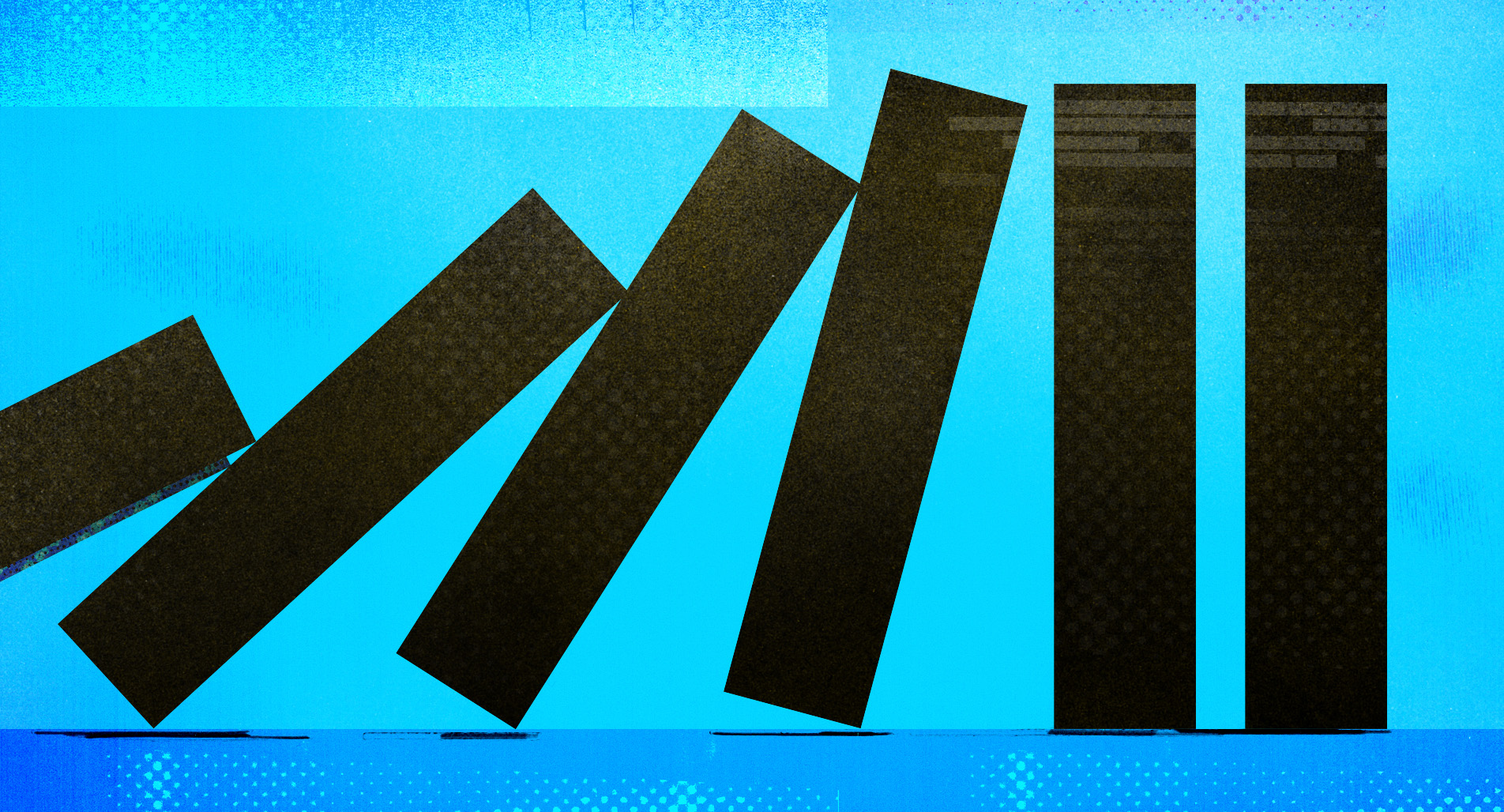This Chamber’s mission will be to offer clarity in relation to the key historical, philosophical and ethical underpinnings of Israel’s genocide. It seeks to offer an understanding of the roots of the ongoing assaults against Palestinian people, and the international community’s inability to bring justice and peace to an oppressed population. Israel’s ongoing genocide on Palestinian populations is enabled and supported by the complicity of the powerful international actors, who employ key ethical concepts and historical narratives to defend one of the most immoral acts in modern history. While aiding and abetting the crimes against Palestinian populations, defenders of Israeli assaults against Palestinian people offer repeated inaccurate justificatory statements about the history of Palestine and shield Israeli crimes from critique by recalling the historical memory of crimes against Jewish populations in Europe. In this context, the weaponization of anti-semitism and the memory of genocide against Jewish populations of Europe to silence critique of Israel, as well as racist generalizations about the Middle Eastern, Muslim, Arab, Palestinian or Gazan populations have become crucial for denial of injustices to victims in Gaza. Chamber Three will provide clarification of the meanings of the politically charged concepts with international legal implications, such as racism, genocide, ‘just war’, decolonization, Anti-semitisim, islamophobia, civilization, holocaust, Nakba, violence and humanity.
Chamber Three will:
– Amass evidence on the geopolitical formations and inaccurate myths sustaining historical memory of the injustices in the history of Palestine from the perspective of the global community’s moral visions to bring justice to an unjust colonial world in the last century;
-Report on how and why political leaders, media and publics in powerful Western countries, and elsewhere, make Palestine an exception, violating the universality of their own proclaimed values of freedom, self-determination and equal rights, and paralyzing the UN system from providing a framework of justice and peace for Palestinians.
Chamber Three Members
Ussama Makdisi
Penny Green
Cemil Aydın
Jeff Halper
Irene Gendzier
Ahmet Ayhan Çitil
Hatem Bazian
Avi Shlaim
Wesam Ahmad
Ilan Pappe
Raz Segal
Abed Takriti
Nadera Shalhoub Kevorkian
Maya Wind
Saree Makdisi
Henrietta Zeffert
Akram Lilja


